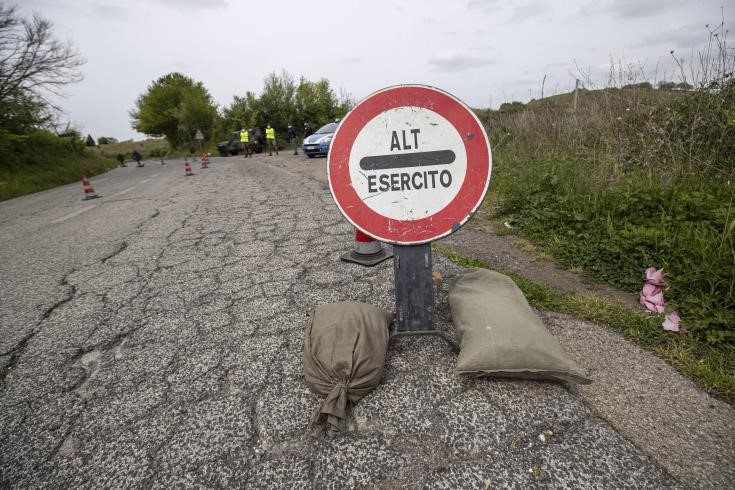The pandemic crisis reinforces the importance of science through evidence-informing government policies and direct role in decision making the Parliamentary Assembly of the Mediterranean (PAM) says in a press release that was sent out to the media.
The press release points out that the sudden Covid-19 outbreak and an exponentially rising climate change are both posing unprecedented challenges to our planet and the international community at large. “Never has science been so central to our lives as today. The pandemic crisis reinforces the importance of science through evidence-informing government policies and direct role in decision making” PAM points out.
It also recalls that a few days ago, the UN Secretary General, Antonio Gutierres, appealed to the world community on the need to ‘increase ambition and action on climate change especially as countries take measures to recover from the coronavirus crisis’.
In a recent interview,the PAM adds, the UN Secretary General also warned that Covid-19’s long term impact will be ‘to look into climate change, because there is a clear demonstration that when we rebuild our economies, we will have a chance to do it in a more sustainable way.
“Now, that we consume less energy, we move less, it is a moment to look at how to do it better in the future’. In fact, since the beginning of the crisis an increasing number of studies has analysed the direct impact of weakened human activity,” it is underlined.
Accoirding to PAM, due to the limitations imposed in relation to COVID 19, in China, carbon emissions fell by around 25% over a four-week period, and global carbon dioxide emissions could fall by 0.3 percent to 1.2 percent in 2020.
In the EU, daily emissions have fallen 58% compared to precrisis levels. In the UK, air pollution levels have dropped significantly since the country went into lockdown, with some cities observing nitrogen dioxide levels fall by up to 60%. Similarly, in Northern Italy, the Copernicus Satellite system has revealed a drastic reduction in such emissions. “Unfortunately, as indicated by researchers at Istituto Affari Internazionali, ‘it is unlikely that Covid-19 is going to be good for the planet. Reductions in local pollution and greenhouse gas emissions due to lower mobility and economic activity are only going to be temporary’” the PAM says.
It is also interesting to note that the SARS-COV-2, the virus behind the Covid-19 pandemic, might be getting a helping hand from atmospheric pollution. A study from Harvard University connects the impact of the novel coronavirus on highly polluted areas of the U.S. and found correlation between long-term air pollution exposure and consistent rise in the Covid-19 death rate. Moreover, scientists from the Italian National Research Council took into account the high concentration of Covid-19 in the Po river Valley in Italy, one of the most polluted areas in Italy.
Source: CNA

